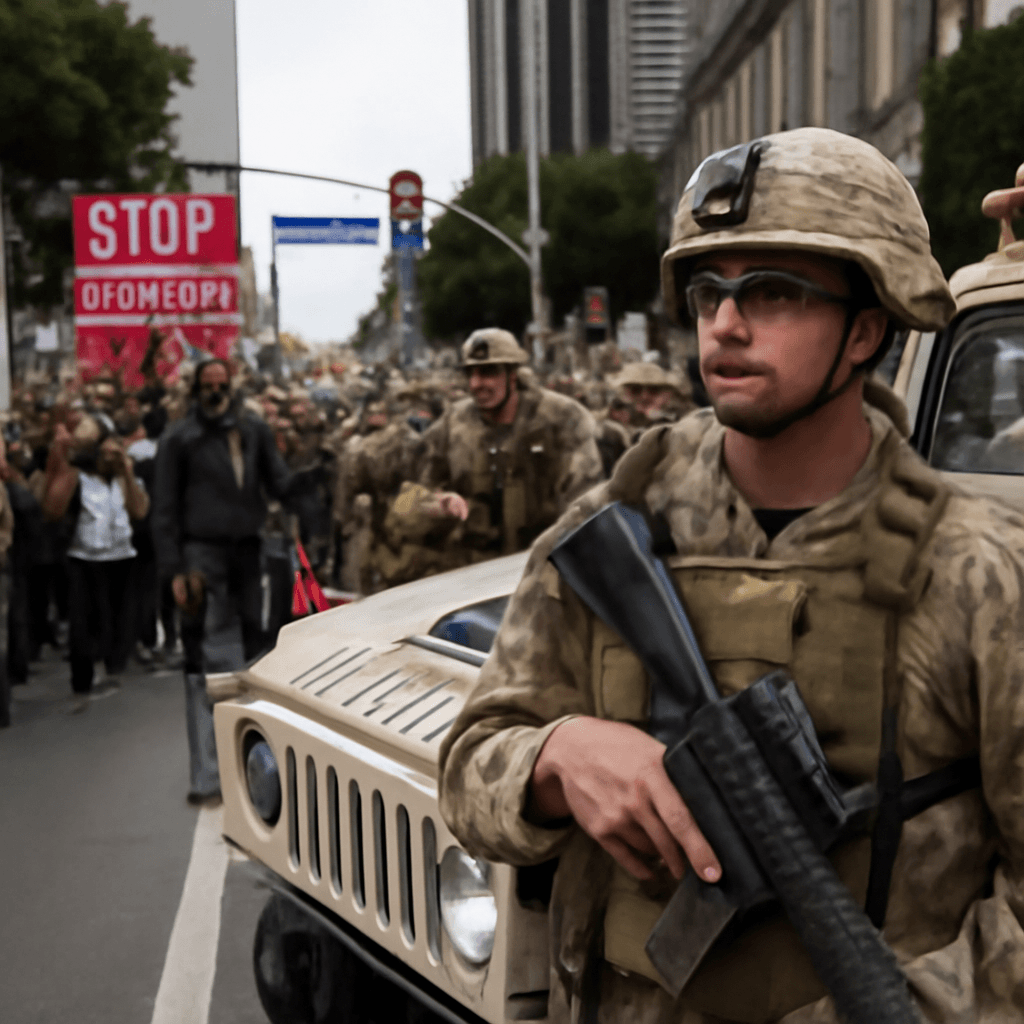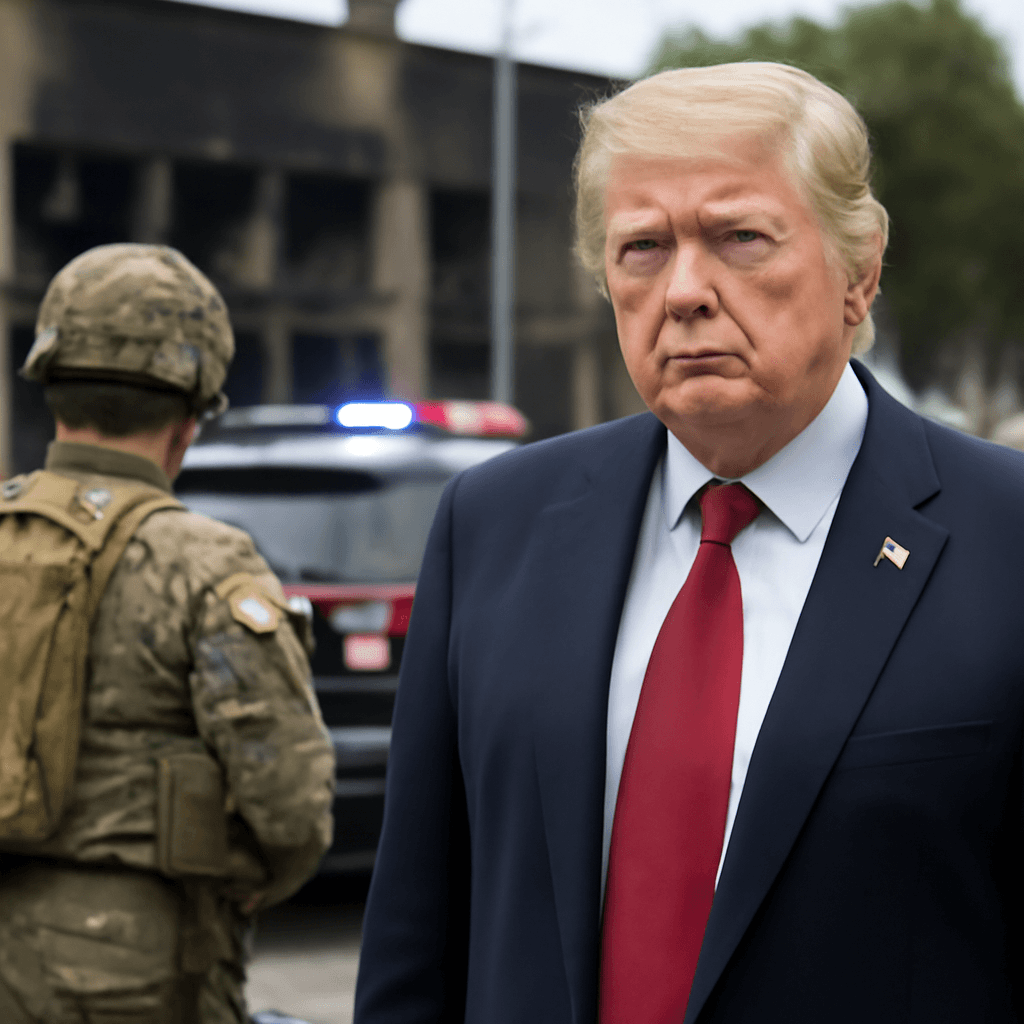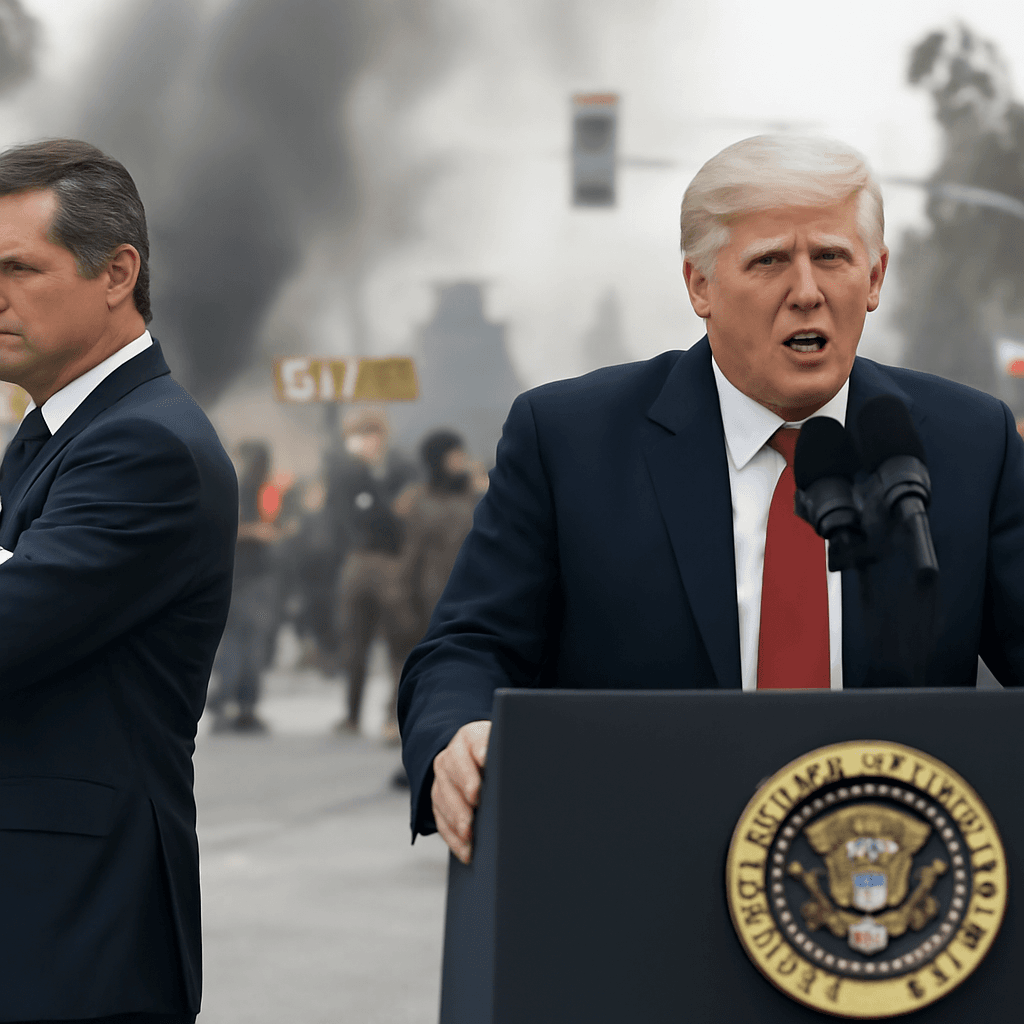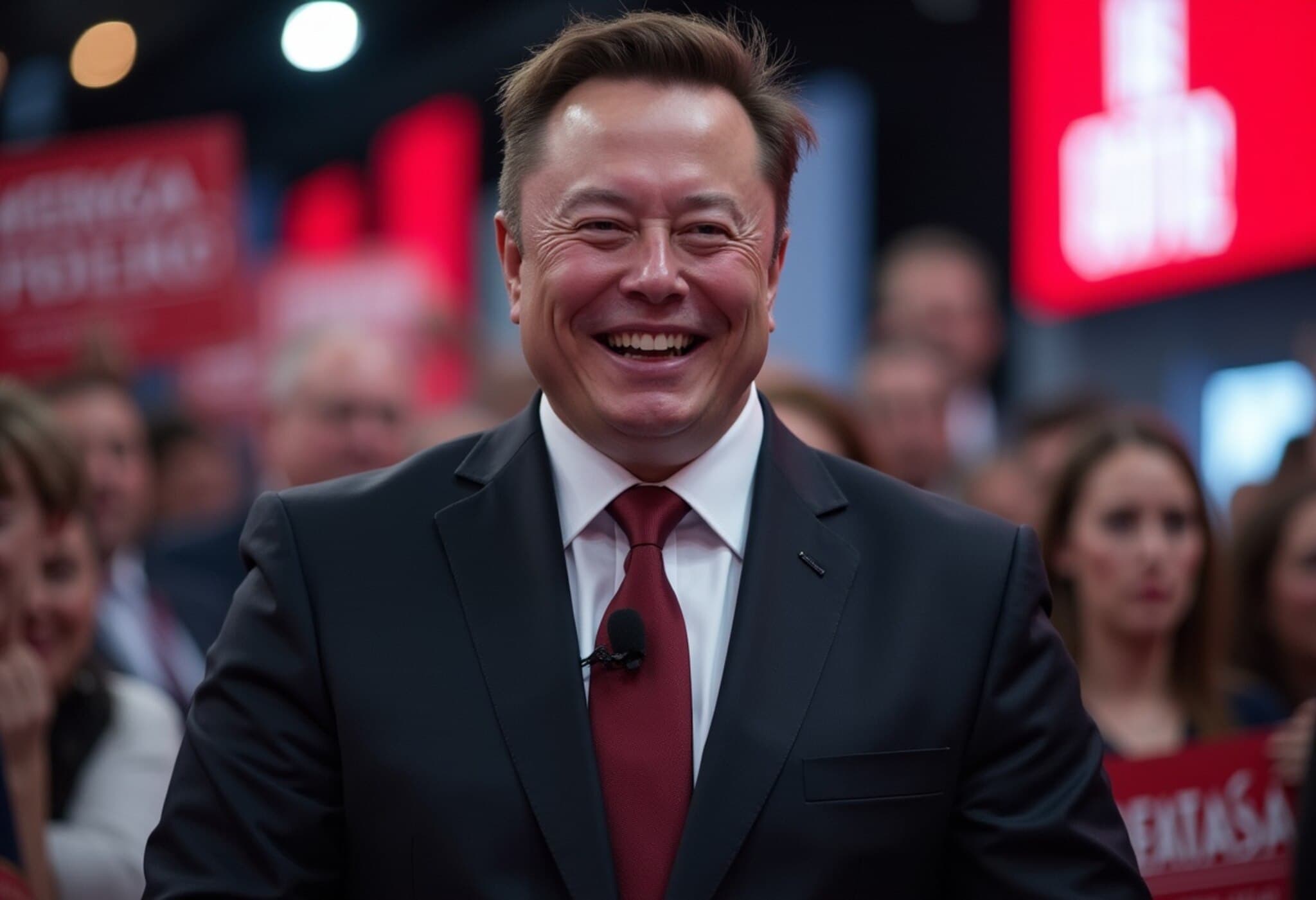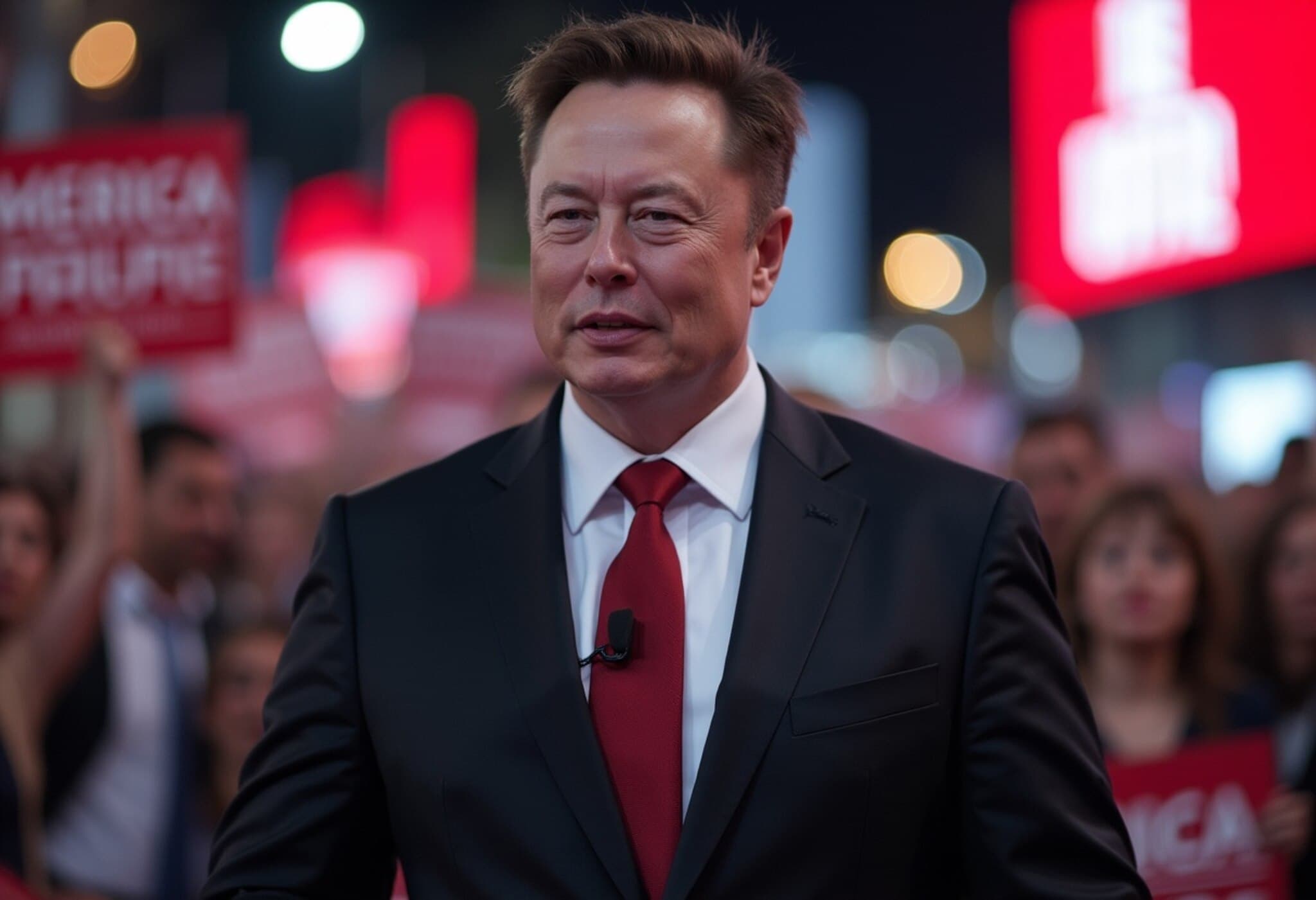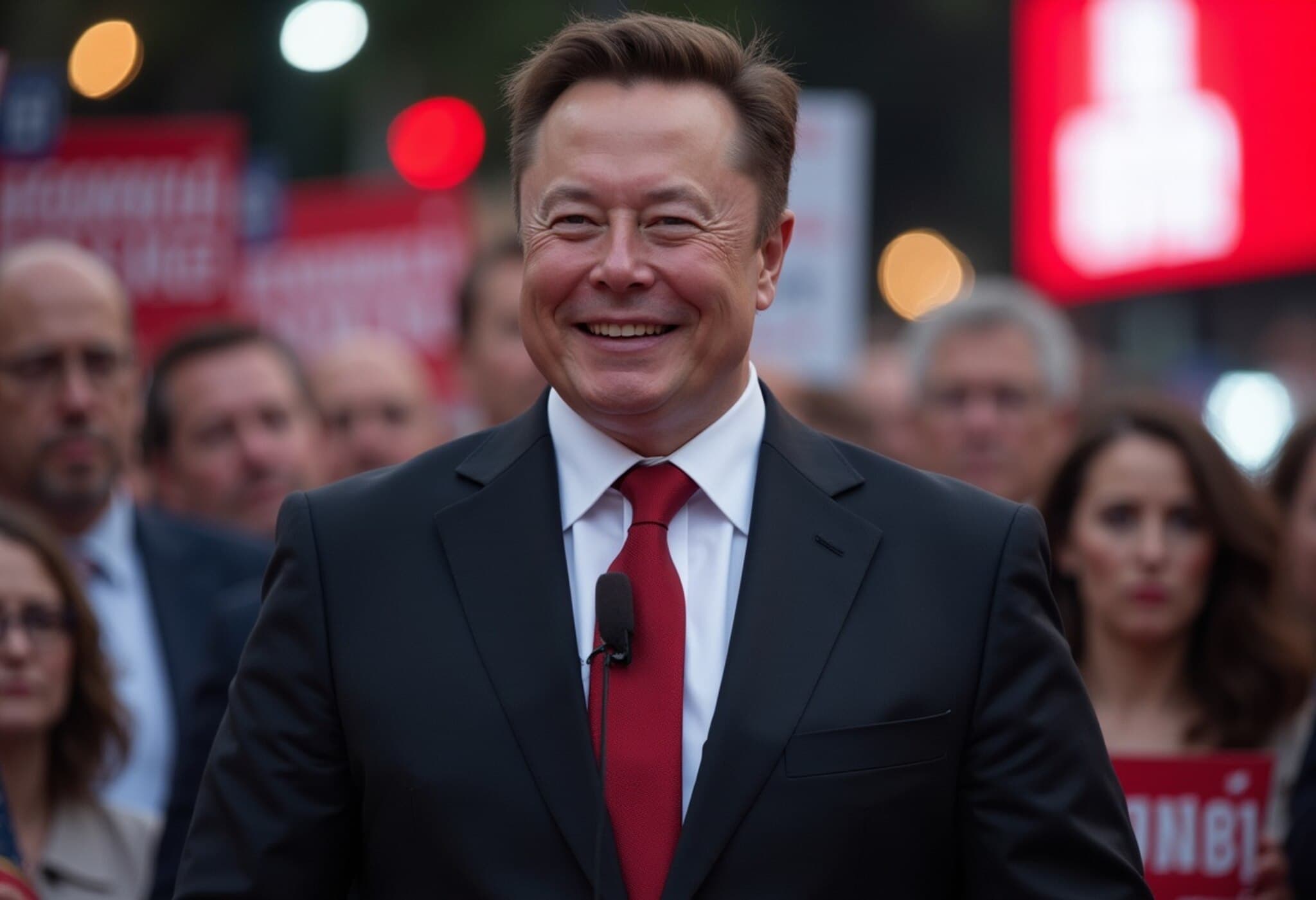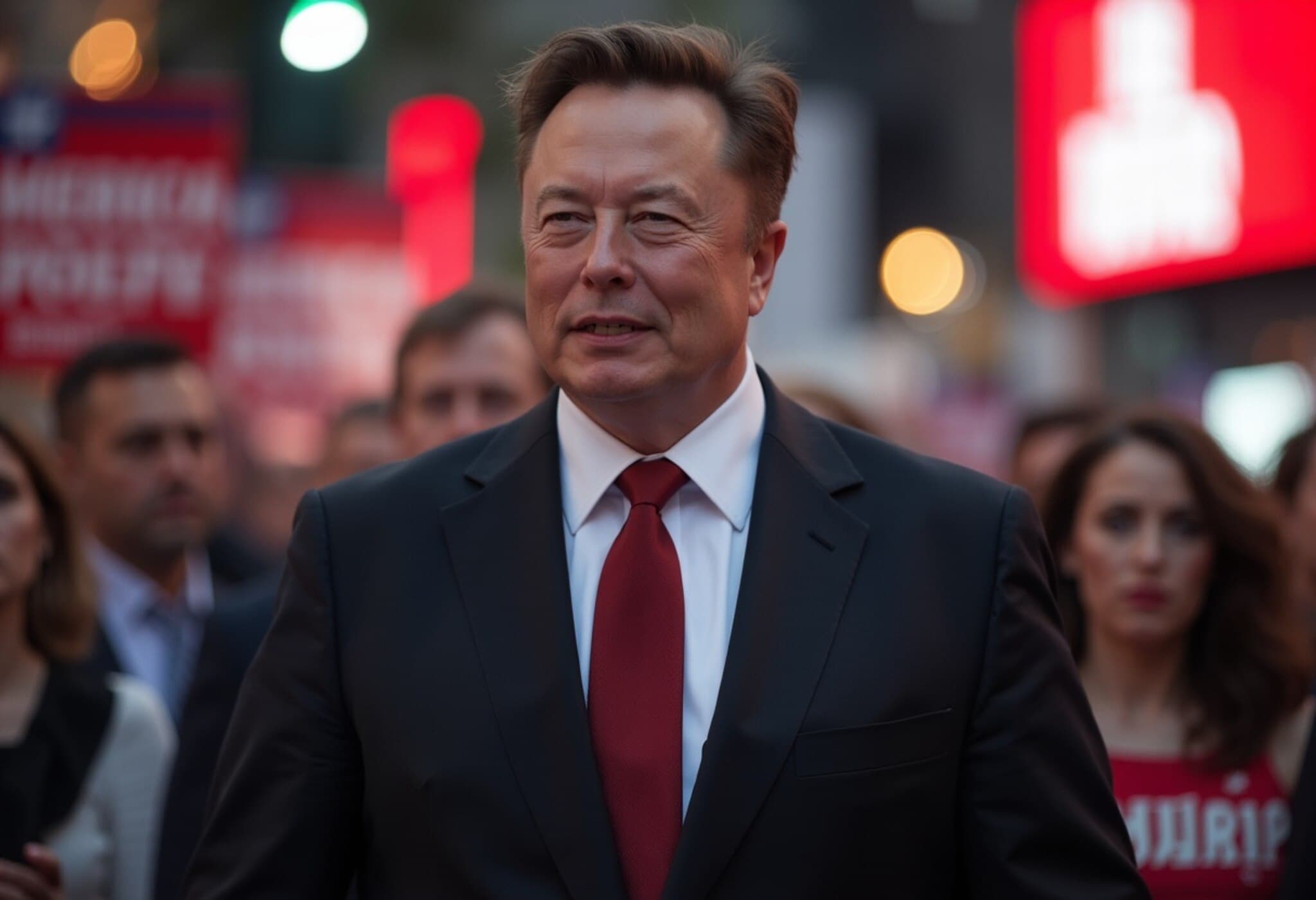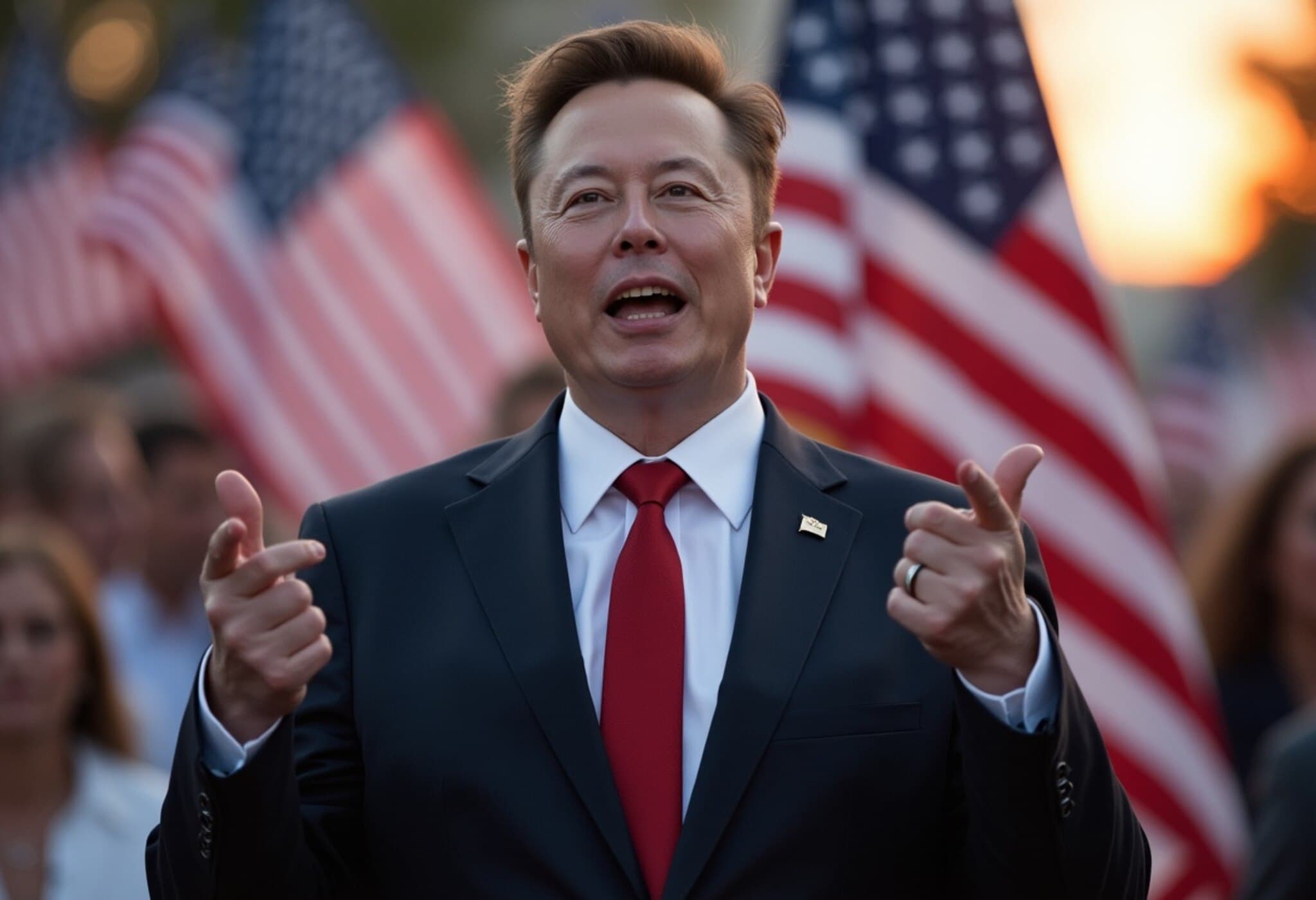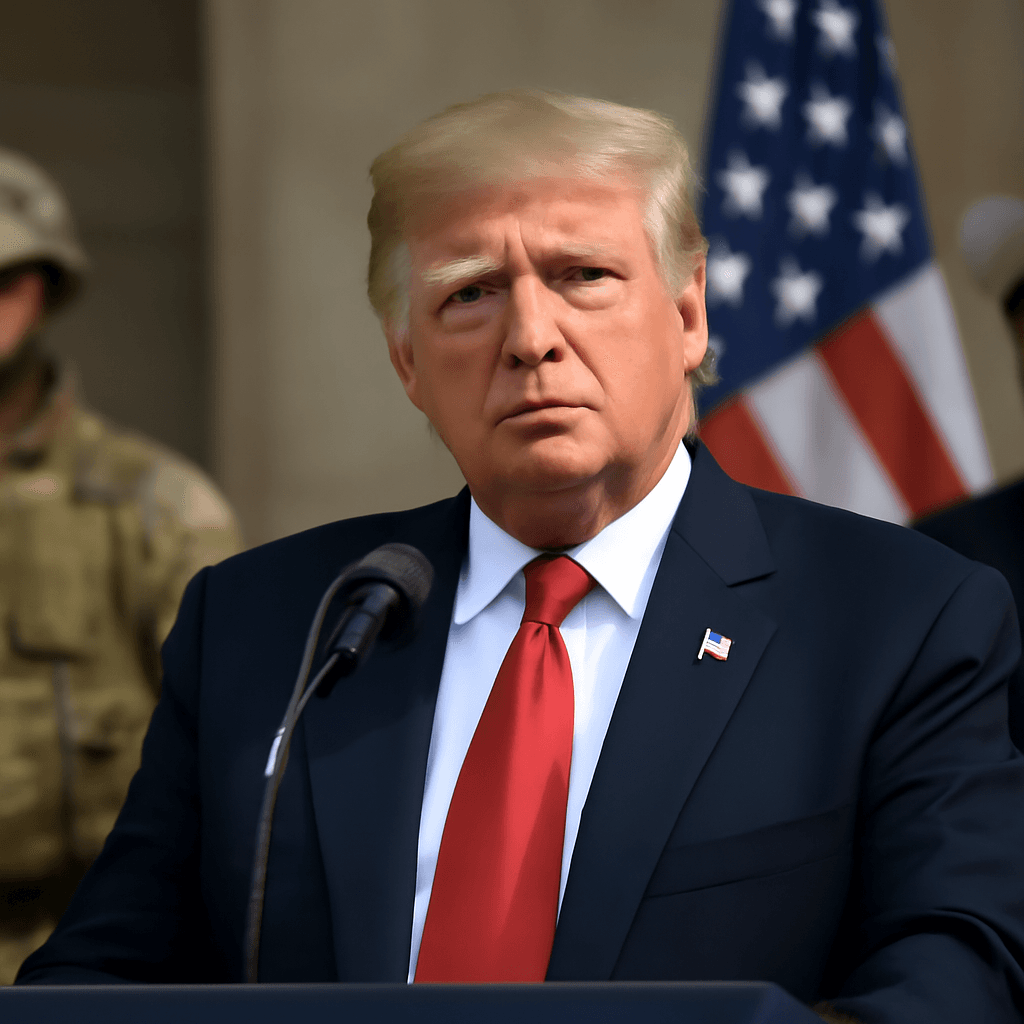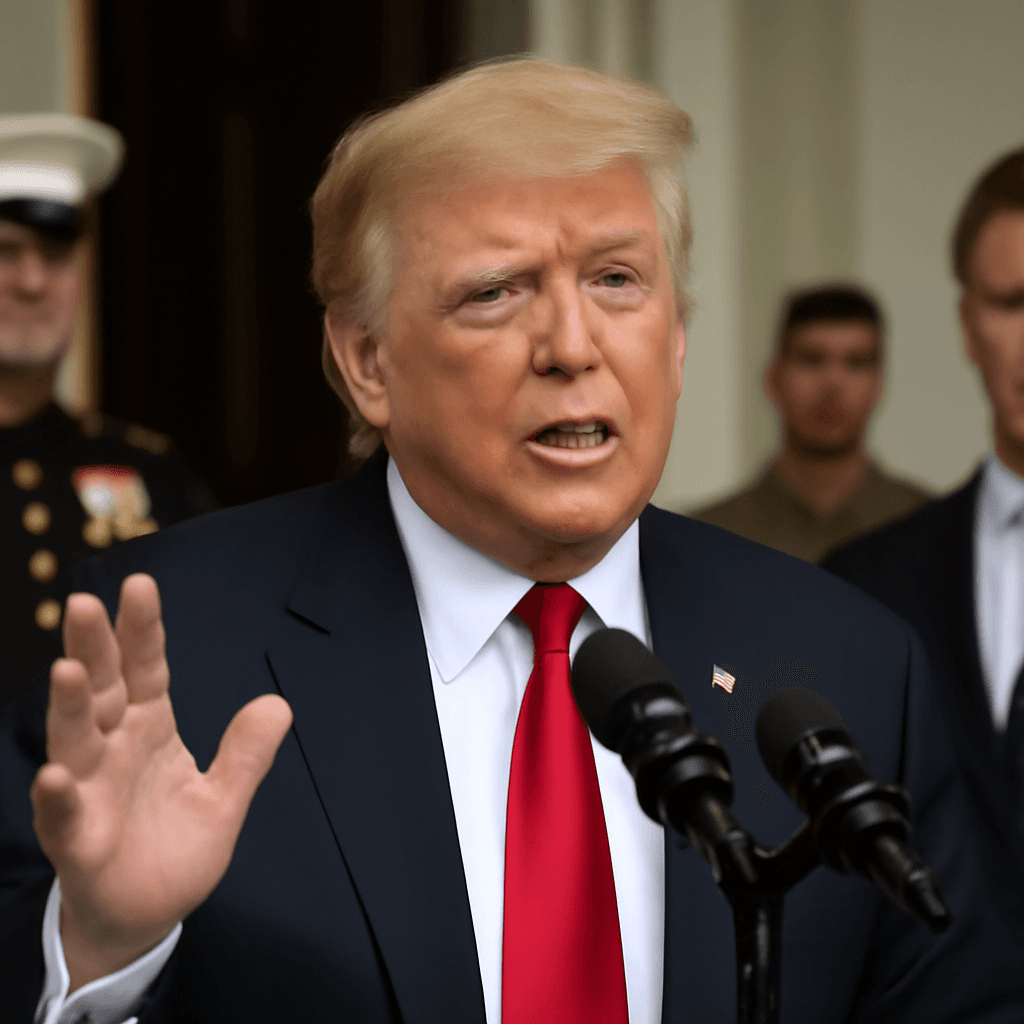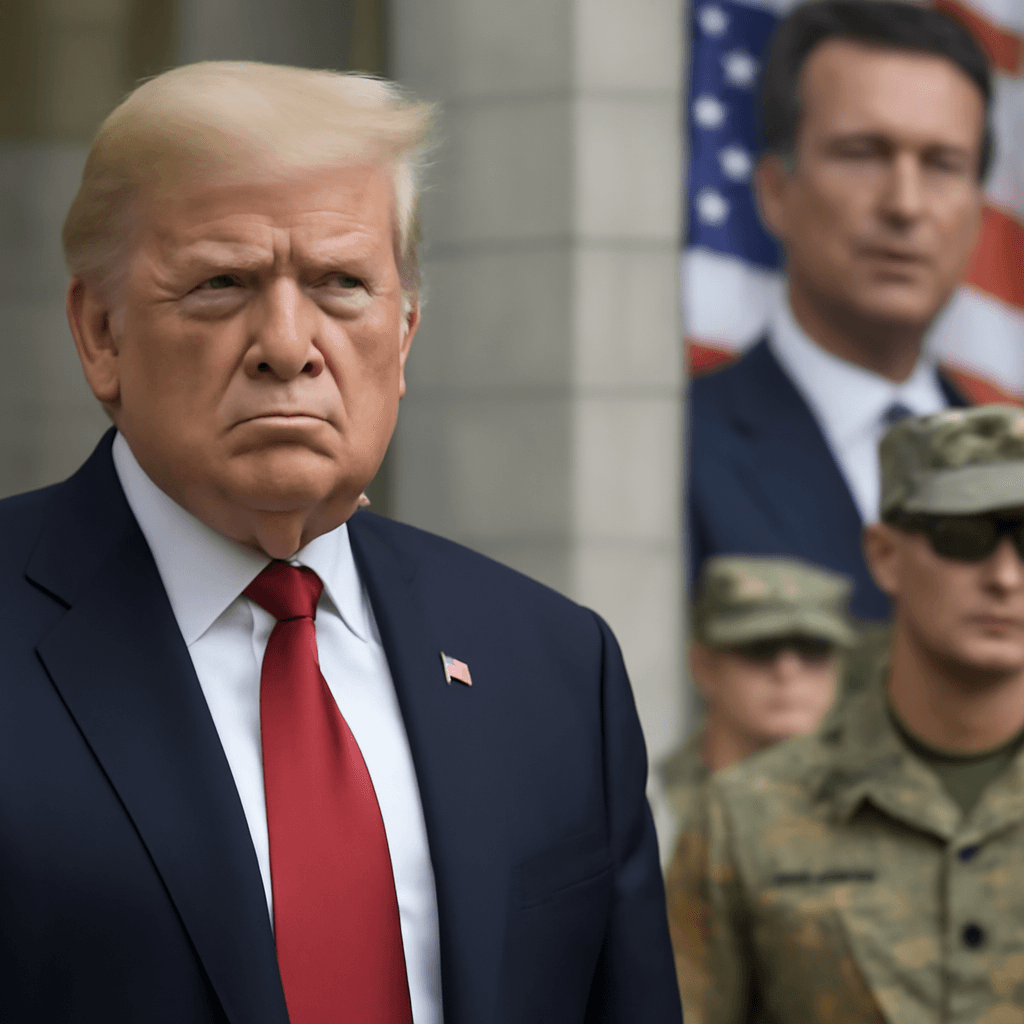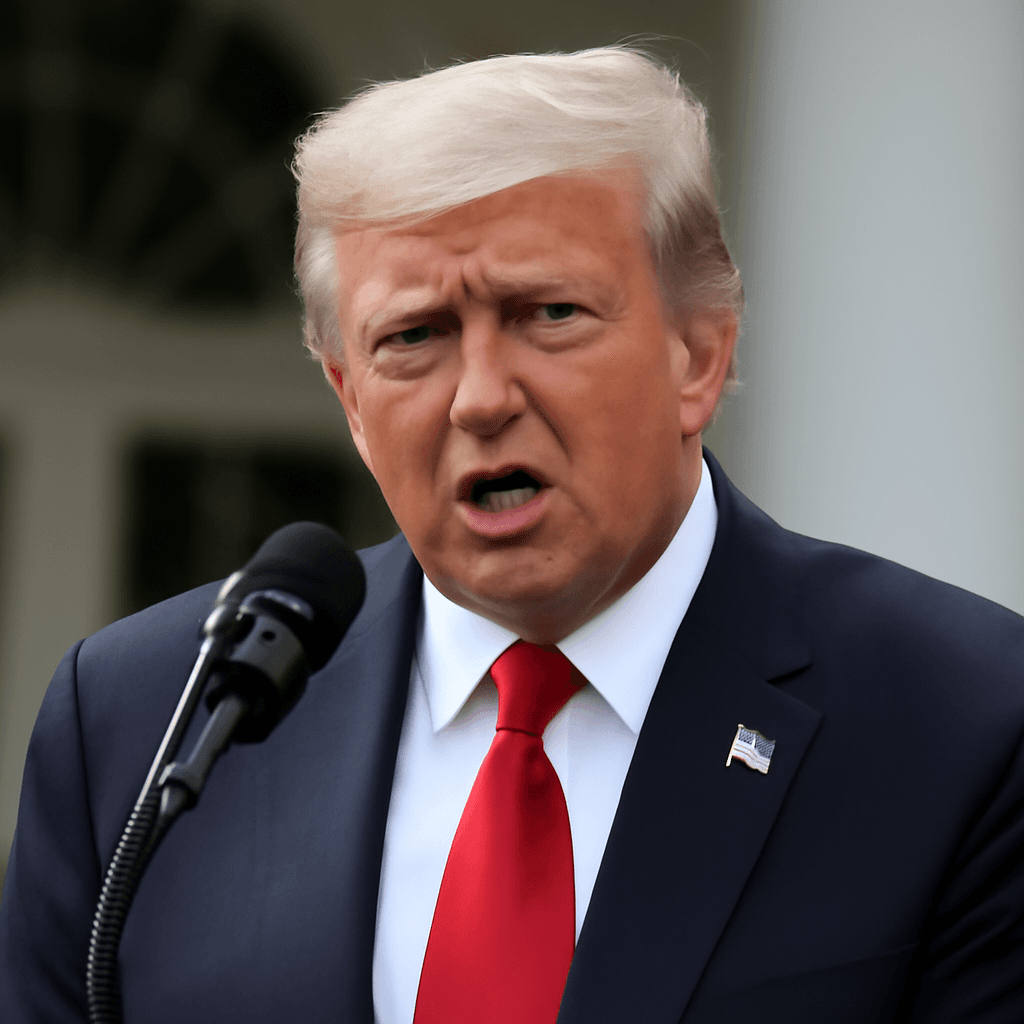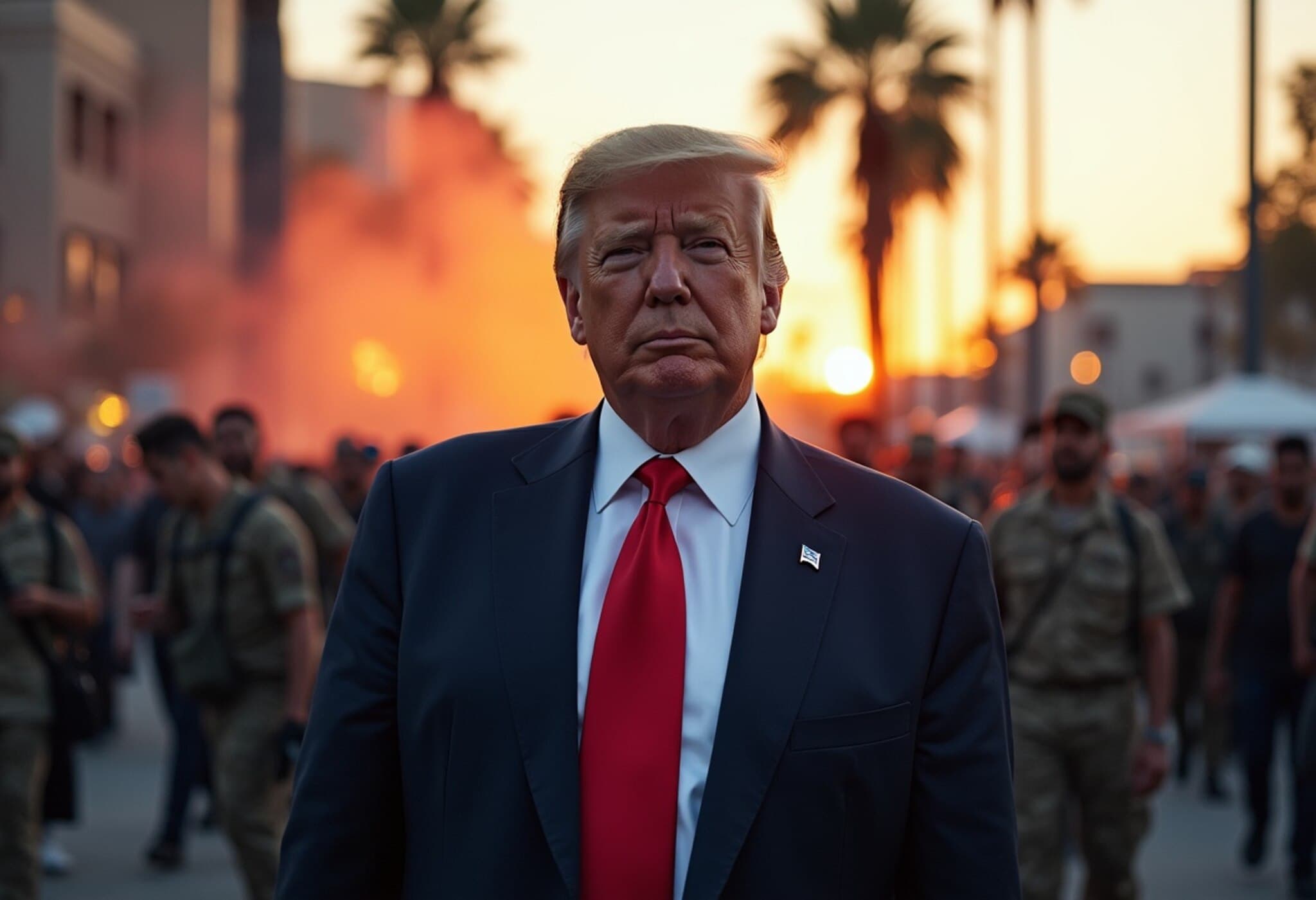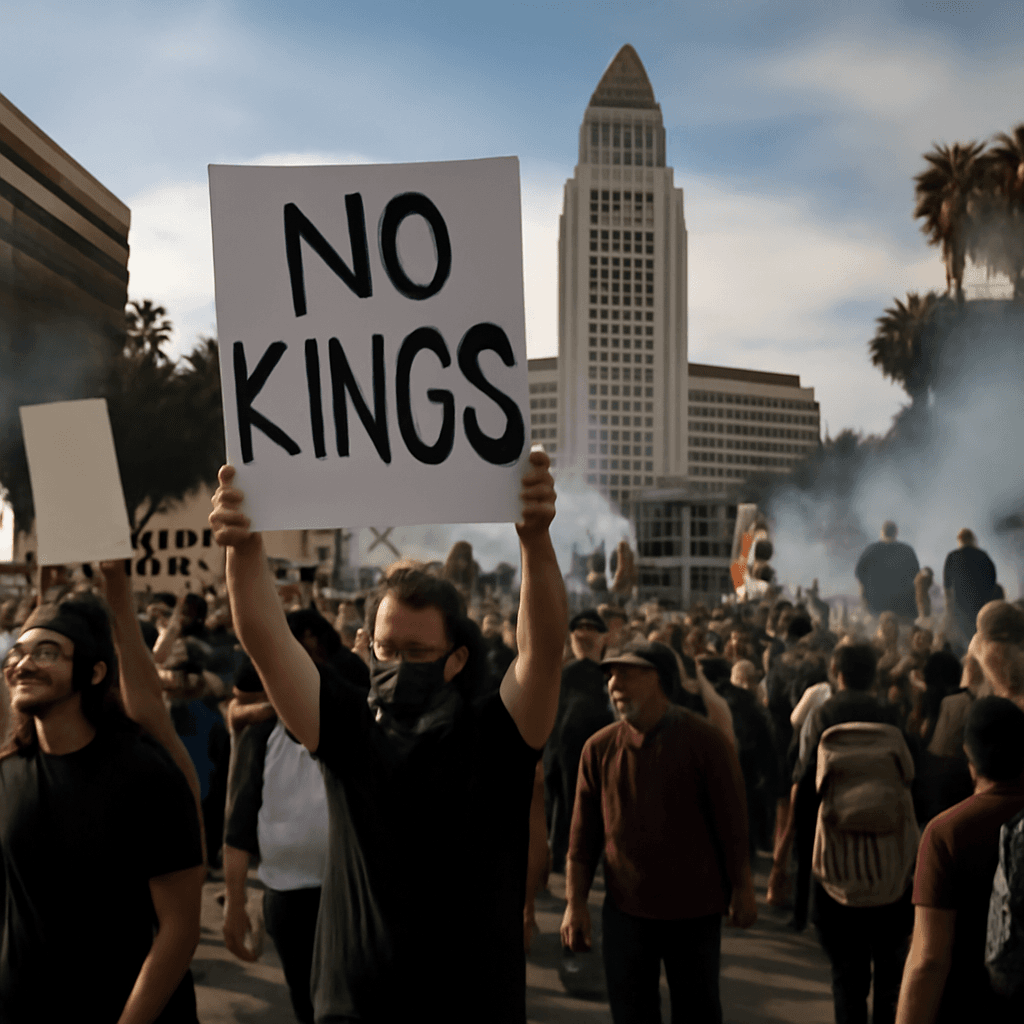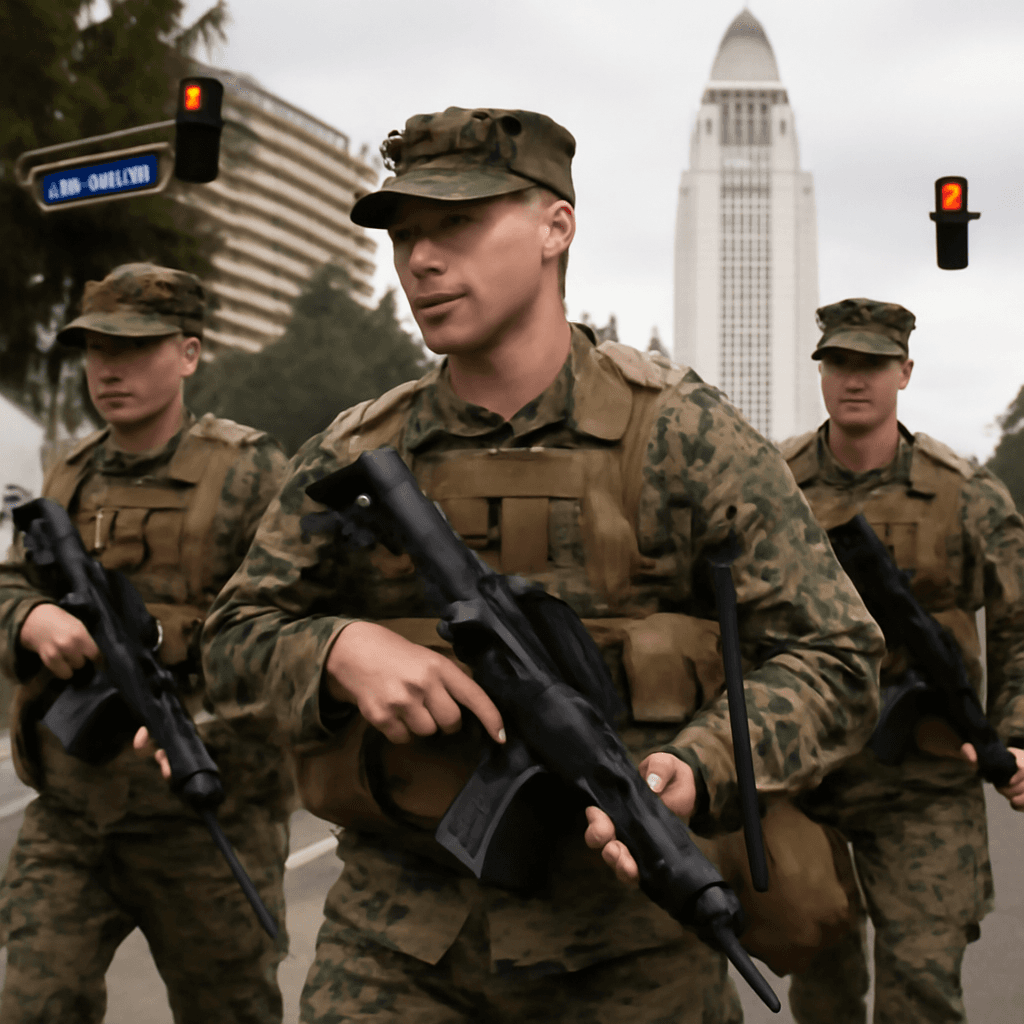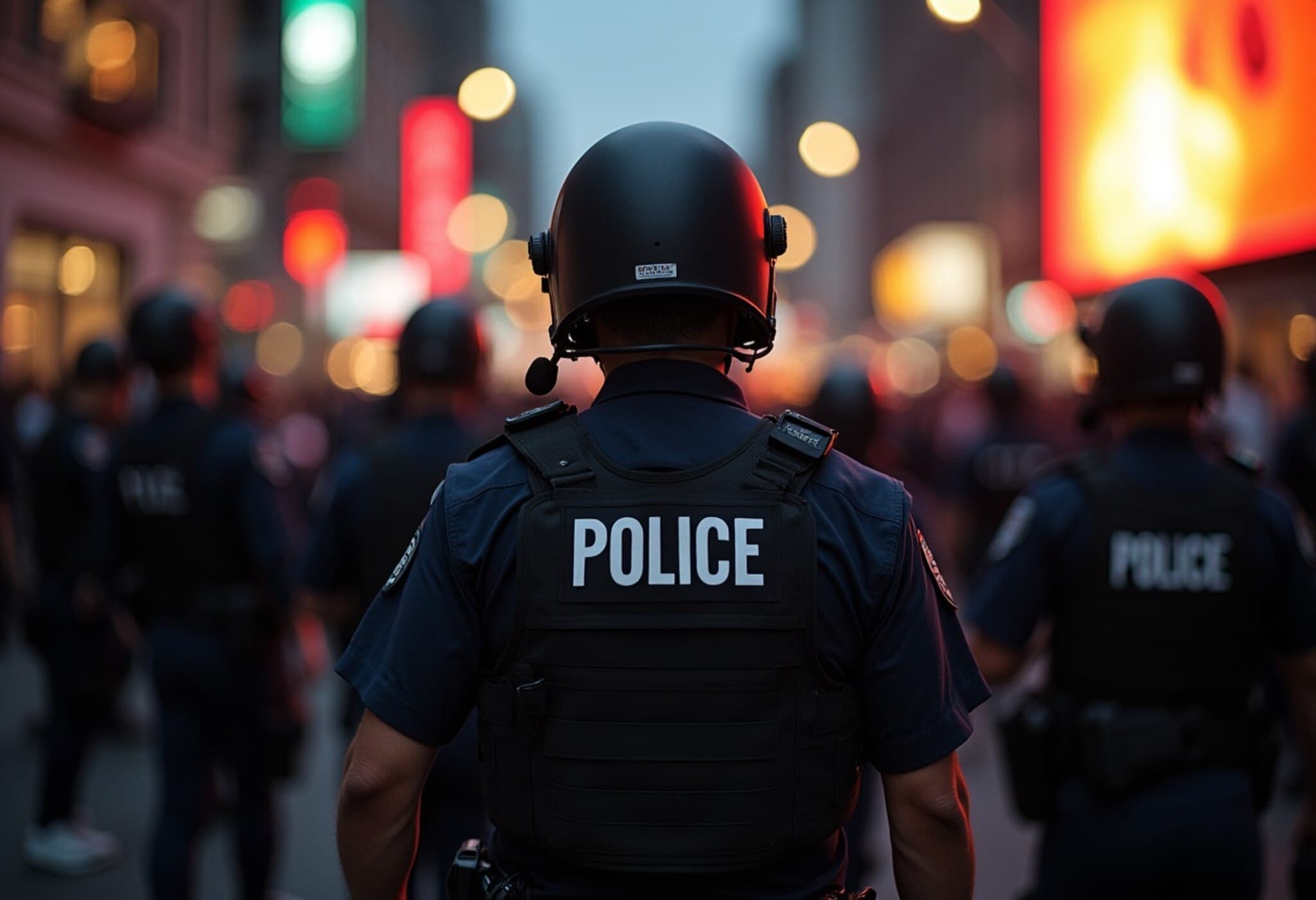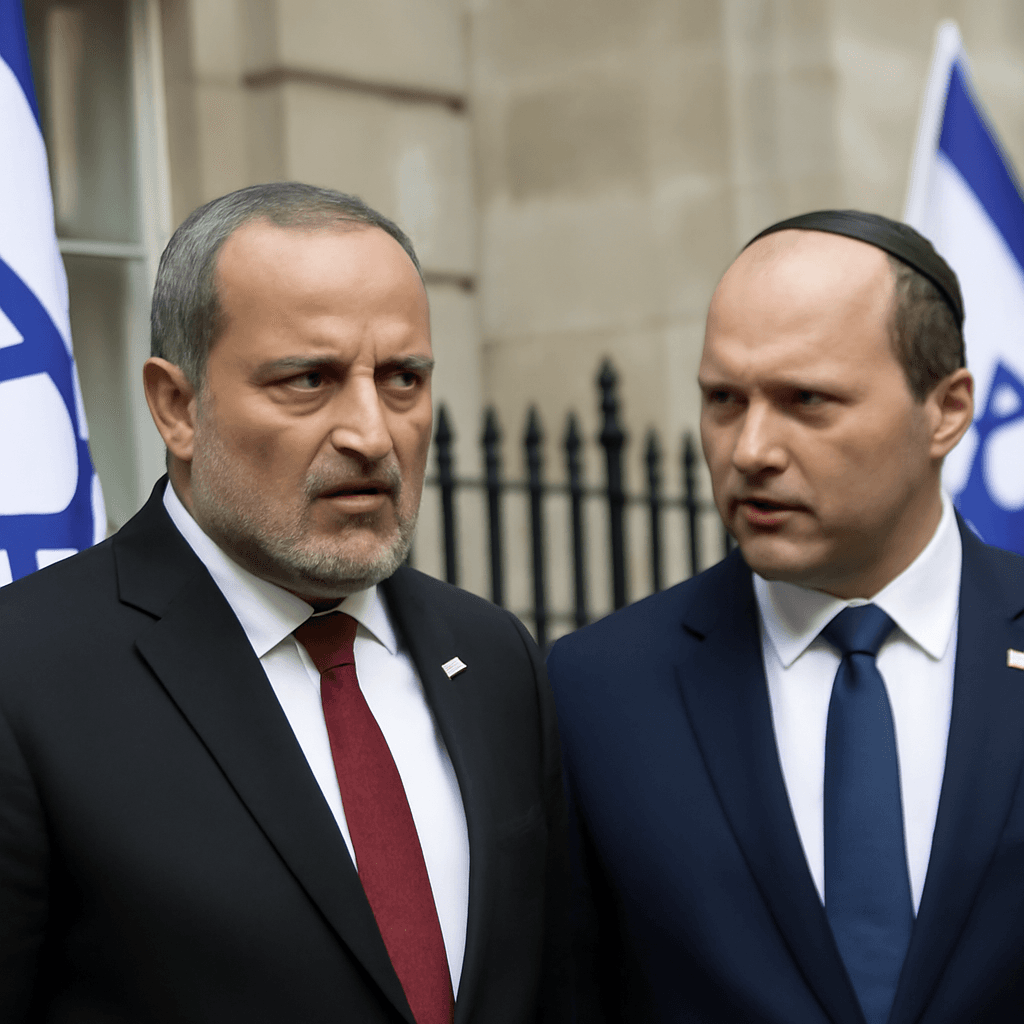Emergency Curfew Locks Down Downtown Los Angeles Amid Rising Unrest
As protests persisted into their fifth day in Los Angeles, city officials implemented a strict emergency curfew in downtown to curb escalating violence. Beginning each night from 8 p.m. to 6 a.m., the curfew aims to restore order following several nights marked by unrest, looting, and clashes between demonstrators and law enforcement.
Los Angeles Police Department Chief Jim McDonnell clarified that exemptions to the curfew apply to residents within the affected area, unhoused individuals, credentialed media personnel, and essential emergency staff. Those violating the curfew without qualifying exemptions face arrest.
Trump Orders Hundreds of Marines, Pledges to ‘Liberate’ the City
In a move that stirred sharp controversy, former President Donald Trump announced the deployment of hundreds of U.S. Marines to Los Angeles under his directive to quell the protests. Trump described the unrest as an invasion by a "foreign enemy," vowing to "liberate" the city from chaos. Alongside the Marines, approximately 4,000 National Guard troops have been activated in the area.
Speaking from an Army base in North Carolina, Trump framed his intervention as part of defending the nation against what he called "third-world lawlessness," asserting that American soldiers did not sacrifice for the country to be overrun by disorder.
California Leaders Push Back Against Military Deployment
The deployment sparked immediate backlash from California’s political leaders. Governor Gavin Newsom condemned the military presence as "the behavior of a tyrant, not a president," declaring the use of war-trained forces on U.S. streets unprecedented and damaging to democracy.
Newsom filed a legal challenge with the U.S. District Court in Northern California, seeking to block the troops from functioning as a policing force and requesting their confinement to federal buildings. The court has scheduled a hearing to examine constitutional concerns surrounding the military’s role in civil unrest.
Protests Fueled by Immigration Raids Spark Continued Tension
The protests erupted after federal immigration raids earlier in the week, mobilizing demonstrators who waved flags from Mexico and other countries in solidarity with migrants detained during the crackdown.
Tuesday saw large crowds gathering near detention centers, where tensions escalated and police moved in to make arrests. Some protesters briefly blocked a busy freeway, and various businesses, including a flagship Apple Store, experienced looting incidents. The LAPD reported nearly 100 arrests on that day alone.
Meanwhile, similar protests unfolded in New York City, where thousands marched through Manhattan in opposition to immigration enforcement measures.
Arrests Rise As Authorities Intensify Response
LAPD Chief McDonnell highlighted a sharp rise in arrests over just four days—starting from 27 on Saturday and peaking at 197 by Tuesday. Police cited a surge in unlawful and dangerous activities tied to the escalating demonstrations.
In New York, authorities have also taken steps to control protests, making arrests after urging demonstrators to stay on sidewalks, reflecting nationwide tensions surrounding immigration and civil order.
Legal and Political Battle Looms
With heightened military presence and ongoing curfews, the battle over the federal response to the unrest deepens. Legal proceedings initiated by California officials question the constitutionality of deploying active military forces domestically without a formal insurrection declaration.
The coming days promise intensified scrutiny as courts weigh the delicate balance between maintaining public safety and protecting democratic freedoms amid volatile protests.

